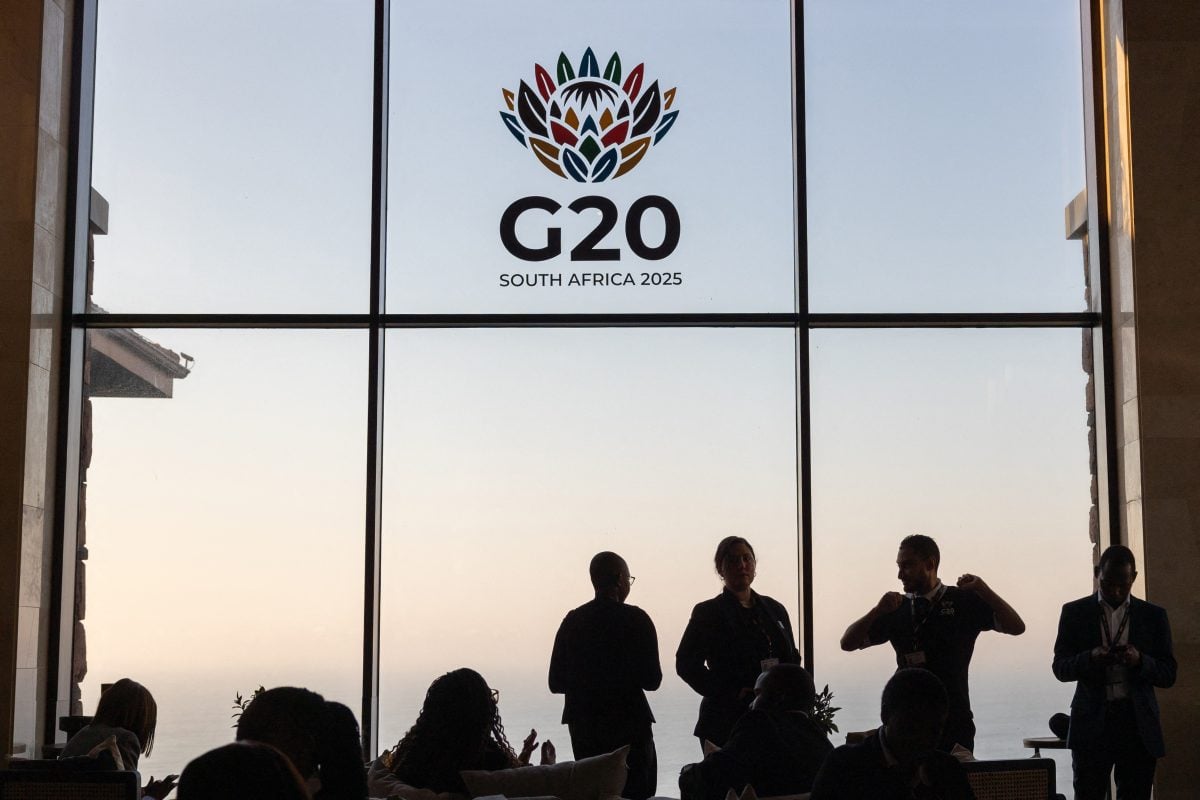Global food systems are under immense strain. Climate change, geopolitical instability, rising protectionism and repeated supply chain disruptions are combining to jeopardise food security across the world.
From 2019 to 2022, food insecurity surged by an astonishing 150%, with the harshest impacts felt by low- and middle-income countries. In sub-Saharan Africa alone, 46 million more people slipped into undernourishment during that time, an urgent reminder that the stakes have never been higher.
As chair of the B20 South Africa Sustainable Food Systems and Agriculture Task Force, I believe we are at a pivotal crossroads. While the challenges are significant, this is also a moment to rethink, redesign and reinvest in the systems that feed our people and drive our economies. Agriculture is not a relic of the past, it is the foundation of Africa’s prosperity and we must embrace it as such.
The B20’s 2025 agenda centres on three strategic imperatives: building resilience, fostering inclusion and accelerating sustainability. These are not abstract ideals. They are guiding principles for practical, transformative change. Enhancing productivity, especially for smallholder farmers, women and youth, must be matched by improved access to innovative technologies, inclusive finance models and climate-smart inputs. At the same time, scaling up sustainable practices is vital to nourish our populations without breaching planetary limits.
Africa’s agri-economies demonstrate enormous potential. Agriculture supports up to half of all jobs across the continent, yet contributes only a small proportion of GDP. This gap signals both a problem and a possibility. Other regions, such as Latin America and parts of Asia, have shown what targeted investment and effective policy reform can unlock. Africa is more than capable of following a similar trajectory, if governments, businesses and civil society work together.
What the G20 can do
This September, we will present a series of globally relevant recommendations to the G20, designed to inform and shape long-term policy on food systems and sustainability. These recommendations are intentionally rooted in the distinct context of low- and middle-income countries (LMICs) – a classification used by institutions such as the World Bank, which groups nations based on their gross national income (GNI) per capita. This focus is especially pertinent to the African continent, where many economies fall within this category and face disproportionate impacts from climate change, economic volatility and systemic food insecurity.
An African B20 presents a rare and powerful opportunity to shape the global conversation from an African-led perspective. By aligning our priorities with the triple challenge framework articulated by the Organisation for Economic Co-operation and Development (OECD) – which centres on advancing nutrition, strengthening livelihoods and safeguarding environmental sustainability, we ensure that our approach remains both globally resonant and locally responsive. This convergence of leadership and vision positions Africa not just as a stakeholder, but as a shaper of tomorrow’s food systems.
Critical to this effort are structural reforms. African agricultural growth depends on removing barriers to key inputs, such as fertilisers, quality seeds and mechanisation and fast-tracking regulatory approvals and innovation incentives. Trade must also be recognised not merely as an economic instrument but as a lifeline for resilience. The African Continental Free Trade Area (AfCFTA) has the potential to unlock $180bn in export revenue and generate millions of jobs if harmonised standards and trade logistics are prioritised. Equally, the continent’s acute financing gap demands attention. Innovative approaches such as blended finance, climate insurance and first-loss guarantees can de-risk private investment and help marginalised groups grow and scale.
Sunrise of our economic future
But strategy alone will not reshape the future. We need African voices, leadership and engagement at every stage of the B20 process. The window to shape recommendations is narrowing, yet it is far from closed. Stakeholders must drive awareness, activate regional and national dialogues and push for alignment between policy and B20 priorities. This is not a moment for passive observation, it is a call to action.
Too often, African agricultural stories are framed around scarcity and crisis. These are real and pressing, but they are only half the picture. Across the continent, youth-led agribusinesses are reimagining supply chains through technology. Women cooperatives are leading the way in regenerative farming. Digital platforms are connecting smallholders to markets and credit. Blended finance models are scaling climate-smart agriculture. These examples embody the ingenuity, resilience and leadership that define Africa’s agricultural transformation.
Agriculture is not a “sunset industry” in Africa, it is the sunrise of our economic future. The narratives we elevate shape the investments we attract and the policies we prioritise. It is time we told the full story.
Africa is ready. With bold action, strategic reform and inclusive engagement, we can build food systems that are sustainable, resilient and equitable. Let us feed Africa forward.
Want to continue reading? Subscribe today.
You've read all your free articles for this month! Subscribe now to enjoy full access to our content.
Digital Monthly
£8.00 / month
Receive full unlimited access to our articles, opinions, podcasts and more.
Digital Yearly
£70.00 / year
Our best value offer - save £26 and gain access to all of our digital content for an entire year!

 Sign in with Google
Sign in with Google 



